Why Healthcare Providers Find it Difficult to Give Patients the Patience They Need
The following is adapted from Called to Care.
Imagine how many times an internist diagnoses patients with flu viruses, colds, bronchitis, strep throat, and other health concerns in the depth of winter. Patient after patient after patient comes in with the exact same symptoms, the same diagnosis, the same treatment advice. After a while, it probably begins to feel like the most boring episode of The Twilight Zone ever.
Now, add a more sinister element to that boring scenario. As the professions within healthcare have evolved, the stakeholders have expanded greatly. Government entities and private insurers have given healthcare providers all kinds of new processes and procedures. Not only is that internist seeing patient after patient; they’re also filling out stacks and stacks of paperwork. Industry-wide changes drive today’s healthcare professionals to replace care, compassion, and empathy with compliance and adherence.
It’s perhaps little wonder that doctors seem so short on patience. Yet, what healthcare practitioners are experiencing is more than simple boredom or frustration; there are very real psychological mechanisms at work that exacerbate their negative emotions. Here’s why healthcare providers struggle to give their patients the care they need—and more importantly, some solutions to help them escape the trap.
Calcification and Dehumanization
When workers are disproportionately exposed to repetitive, negative experiences—like cranky patients and pointless forms—“calcification” tends to set in. When someone calcifies, they become numb to human connections and emotions. Employees can become hardened toward customers and treat them as two-dimensional objects rather than three-dimensional humans. In other words, calcification goes hand in hand with dehumanization. This frequently results in contentious, unhappy dynamics between providers and patients.
It’s simply impossible to deliver exceptional experiences or care when you have dehumanized your customer or patient. Typically, healthcare practitioners don’t mean to dehumanize their patients; they often don’t even realize they’re doing it. But when you’re caught in a melée of activity, repetitive diagnoses, and mountains of paper, it’s easy to forget that the primary focus is the patient (a human being with expressed and unexpressed needs) and not simply the diagnosis (osteoarthritis of the knee).
You can mitigate the potential for calcification in many ways. You might review your patients’ goals before you examine them. You might also sit down with them every visit and talk with them about some things other than their health concerns to remind yourself that they are unique human beings like yourself.
The key to managing the calcification process is to simply avoid focusing too much on the objective details, facts, and figures that dehumanize your patient. When we fall into the trap of “objectifying” the patient—How old are you? When did you get hurt? How did you get hurt? Have you ever been hurt before?—rather than mixing subjective and unrelated conversations into the encounter, we move toward calcifying and dehumanizing.
Learn to Decalcify
How and when healthcare providers begin to calcify (or dehumanize) turns out to be highly variable and dependent upon both individual and institutional factors. There is some research showing that physicians start to dehumanize, in general, by the time they have left medical school. But whenever and however it happens, healthcare providers should train themselves to “decalcify.”
Decalcification involves any type of routine, habit, or ritual that enables us to stop and remind ourselves that we are dealing with fellow human beings and restores connection and thus humanity. Some personal routines that “hack the brain” and help you decalcify include taking frequent breaks, listening to music that distracts you from the clinic environment, enjoying the aroma of flowers or coffee, looking at pictures, meditating, or engaging in mindful breathing exercises.
In my experience, it is highly personal as to the frequency and length of these breaks. Some practitioners can go on for hours without calcification while others begin at forty minutes. The key insight is to “know thyself” and use whatever mechanisms that work for you. Calcification has a very fast antidote, but it takes the experience, sensitivity, and vulnerability to acknowledge this very real phenomenon and the intention to put into place practices that eliminate it.
It also helps to frequently remind yourself that there are two fundamental components to every patient encounter:
- Each patient is genuinely, authentically, and remarkably unique with individual perspectives, experiences, and thoughts.
- Your examination routine or ritual, while not new to you, is very much a new experience for the patient.
Often, we forget the new and unique nature of these two components and begin to compartmentalize every patient into a diagnosis pattern, and thus we commoditize the new encounter rather than use it as an opportunity to cement caring, compassion, and empathy from the initial greeting of the patient. Remember, you’re treating Mr. Smith, not Mr. Smith’s knees.
How We Can Put the Patient Back in Our Picture
Healthcare providers and caregivers are blessed to work in an environment of meaningful, purposeful work. However, this tough environment is difficult to overcome, and distractions and externalities do harden us of the joy and fulfilling work that we do.
This phenomenon is normal, but thankfully, we have a host of antidotes at hand, including awareness. Managing the symptoms that occur in us is paramount to managing our patients as our behavior directly influences their care and experience.
Every patient interaction must be treated with the utmost care and concern, and information and diagnoses must be carefully conveyed in a manner that supports the notion that this is the first time the patient has heard your expertise. That’s the only way that healthcare professionals can put the patient back in the patient-care picture.
For more advice on patience, you can find Called to Care on Amazon.
Dr. Larry Benz, PT, DPT, OCS, MBA, MAPP, is the co-founder of Confluent Health, a network of physical therapy and related healthcare companies dedicated to delivering exceptional care, educating and developing highly effective clinicians, strengthening private practice, reducing healthcare costs, and elevating care in healthcare. A frequent lecturer at Physical Therapy programs, national conferences, and MBA schools throughout the country, Dr. Benz graduated from Bowling Green State University trained at Baylor University and the University of Pennsylvania. He is a nationally recognized award recipient for his expertise in private-practice Physical Therapy and occupational medicine. As the co-developer of Jacmel Rehabilitation, Dr. Benz and his colleagues at Confluent Health and other various organizations have built a sustainable physical rehabilitation clinic in Haiti. For more information, please visit PThelpforHaiti.org and CalledtoCarebook.com.






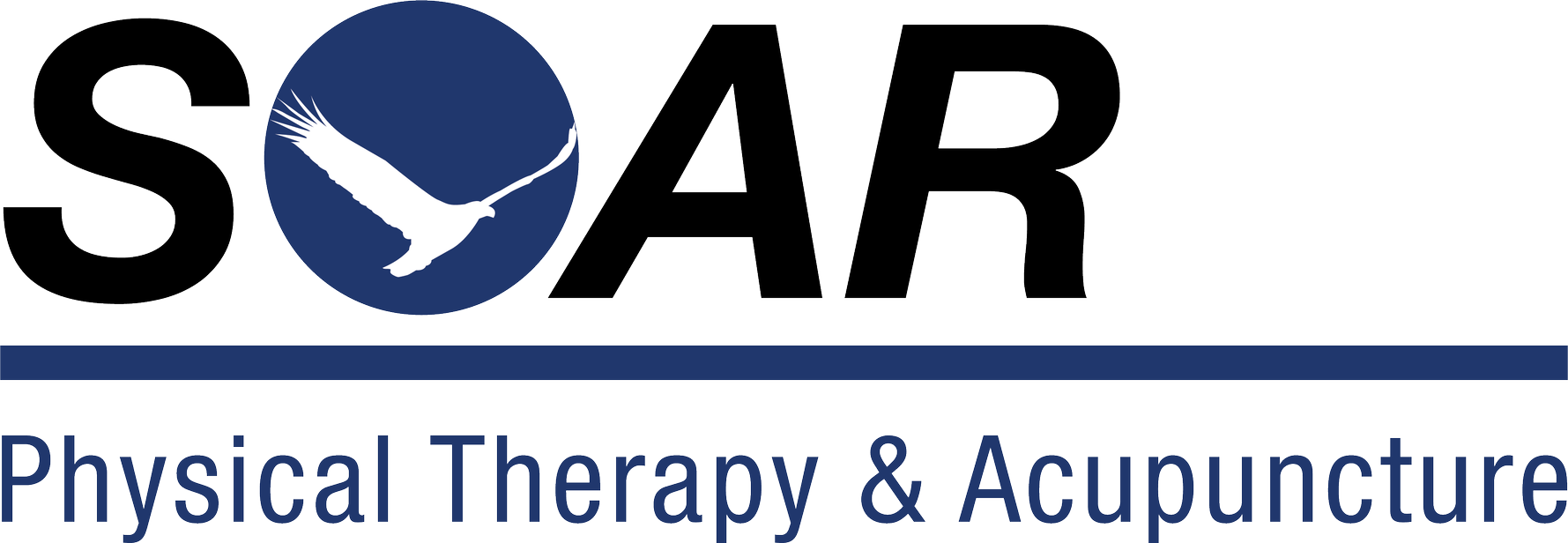

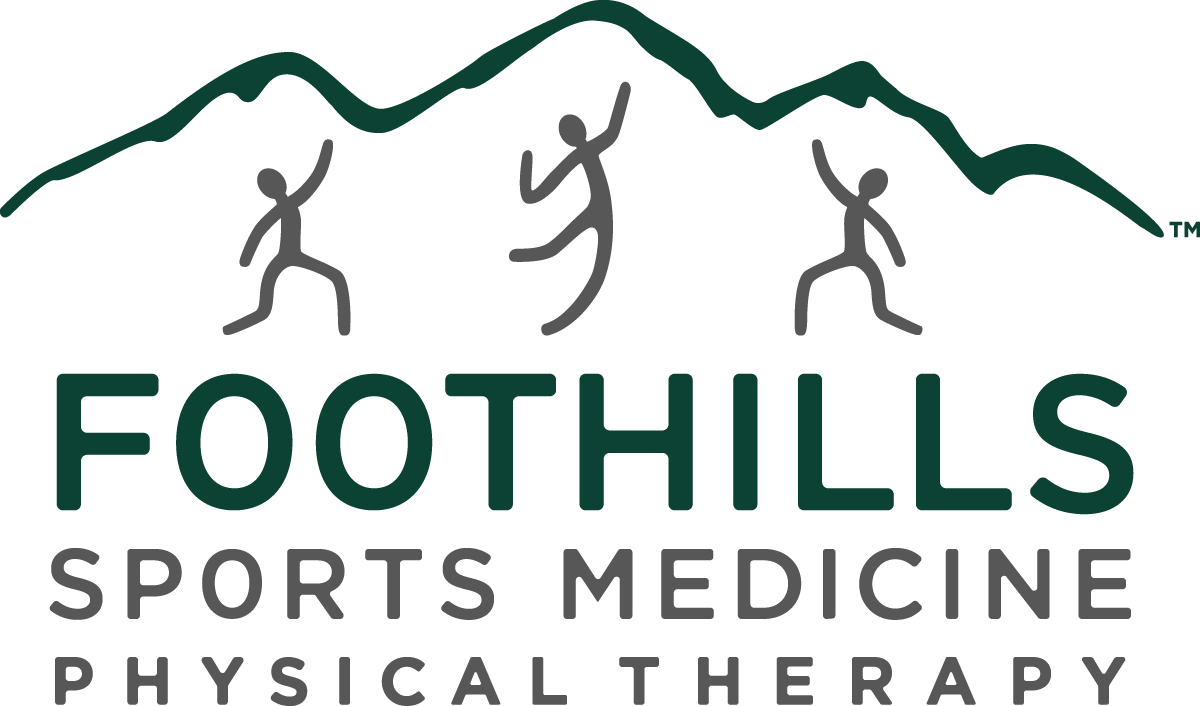
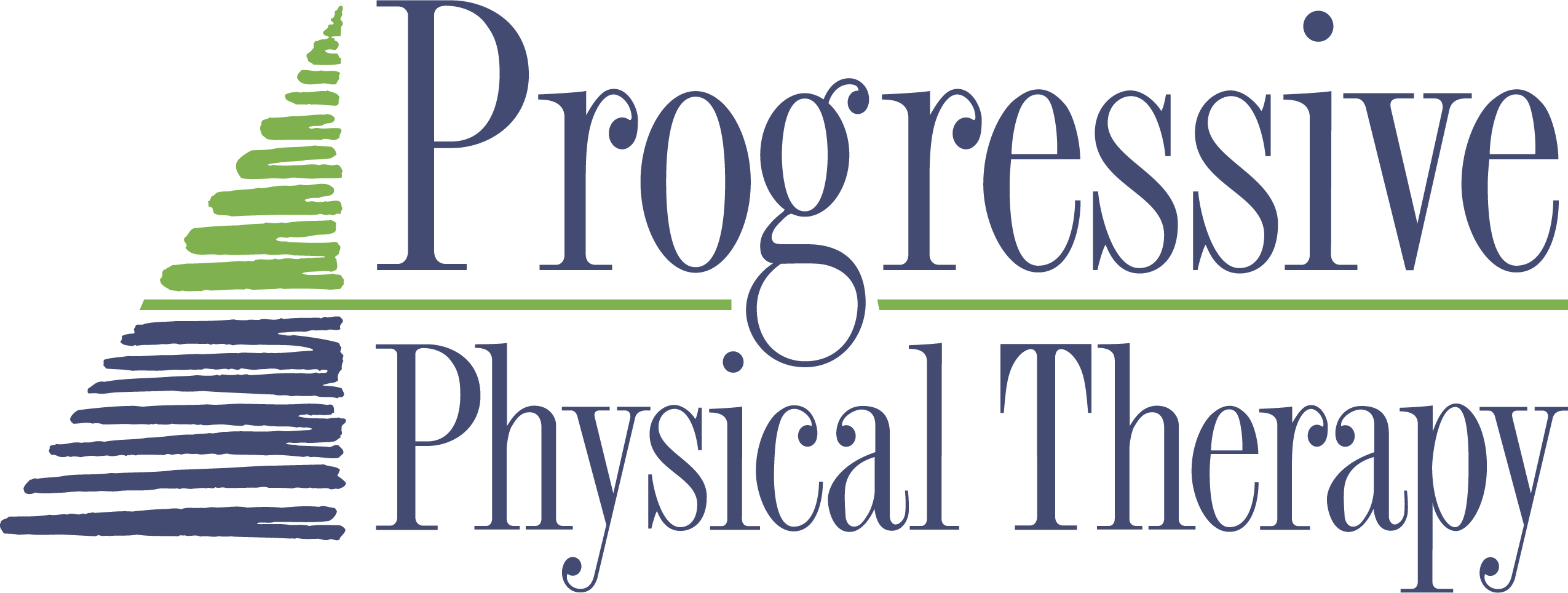






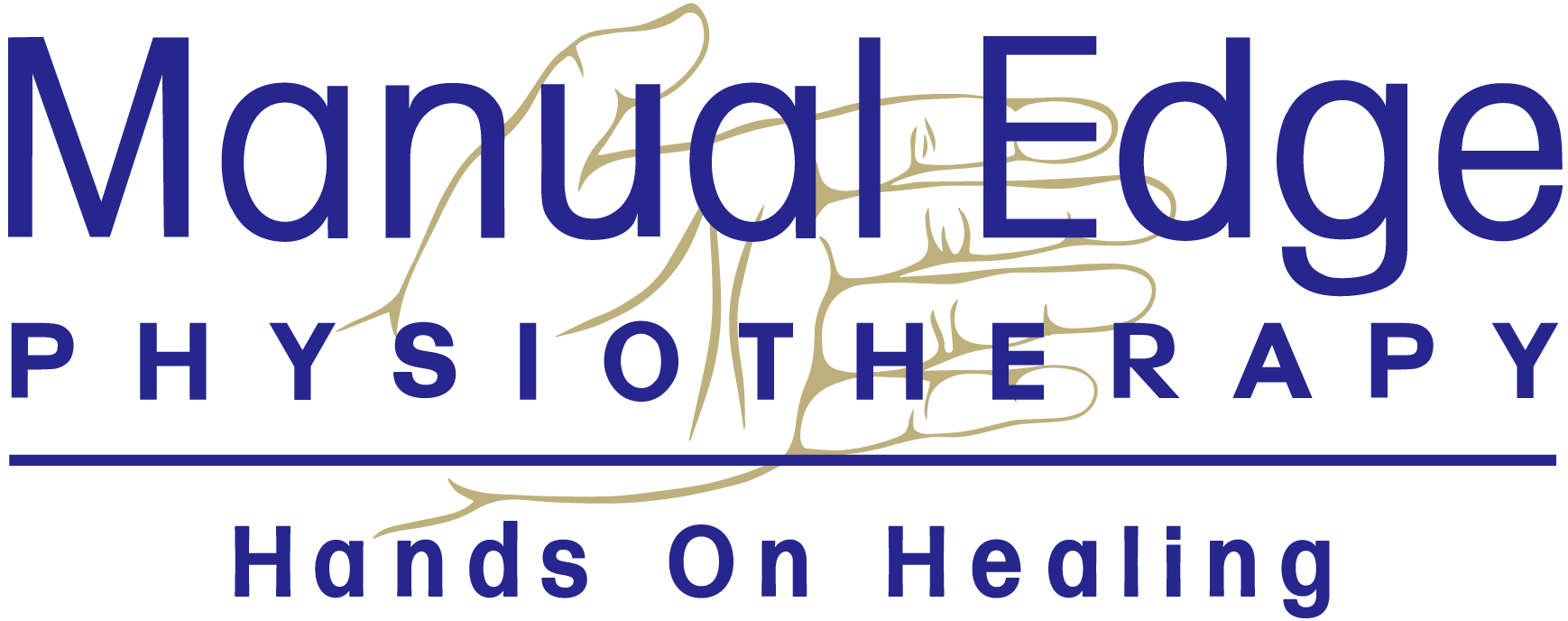
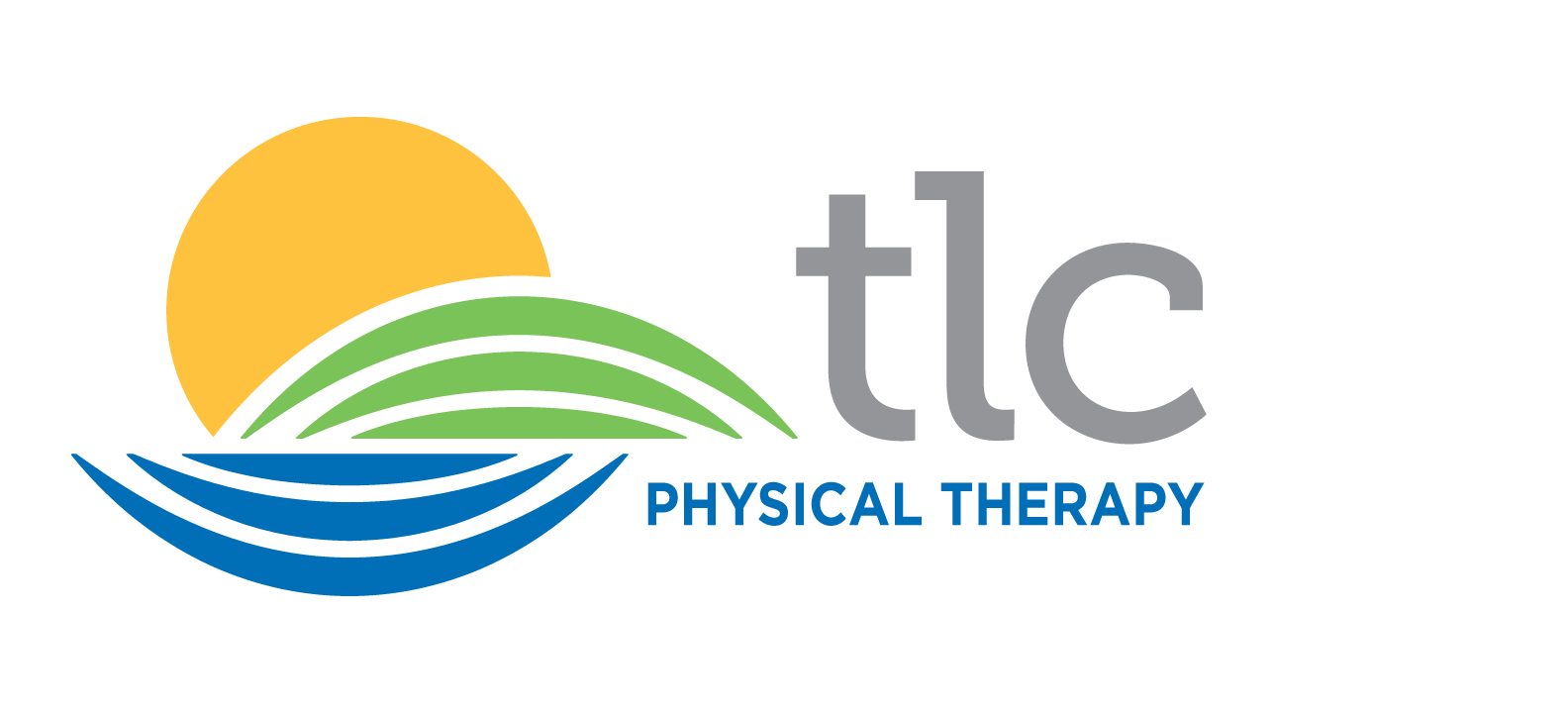
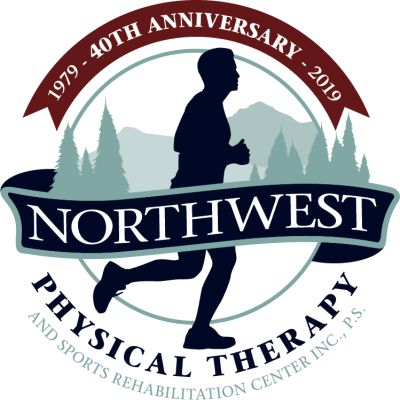



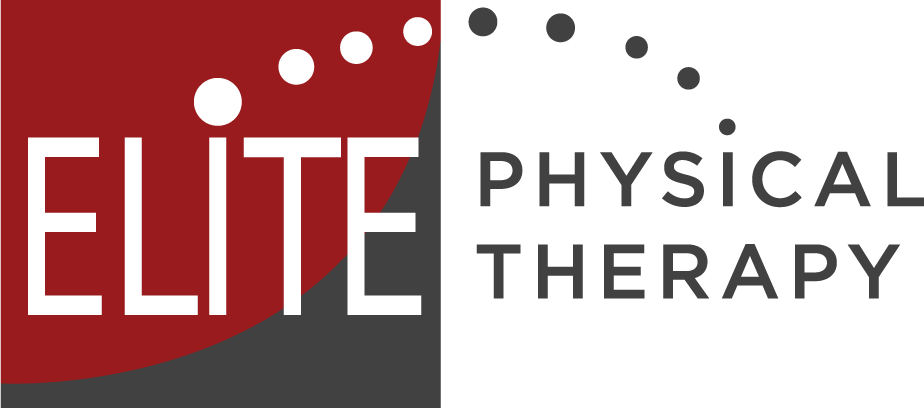

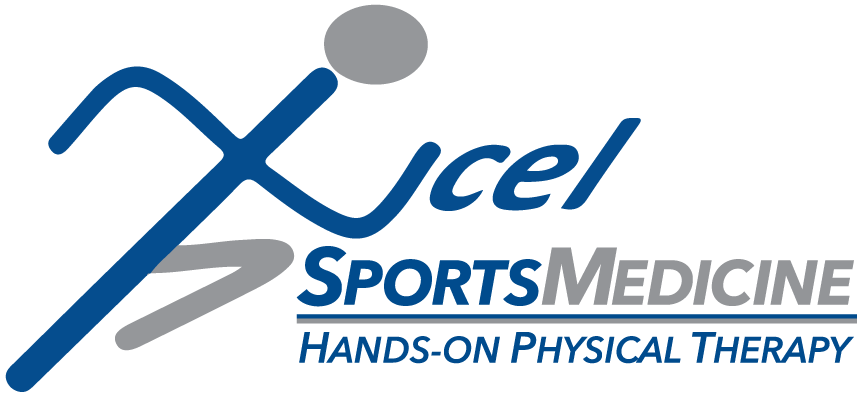



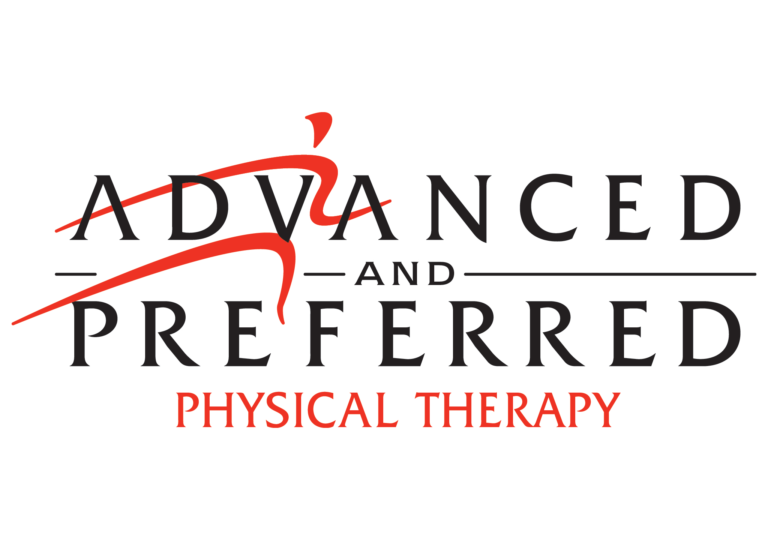

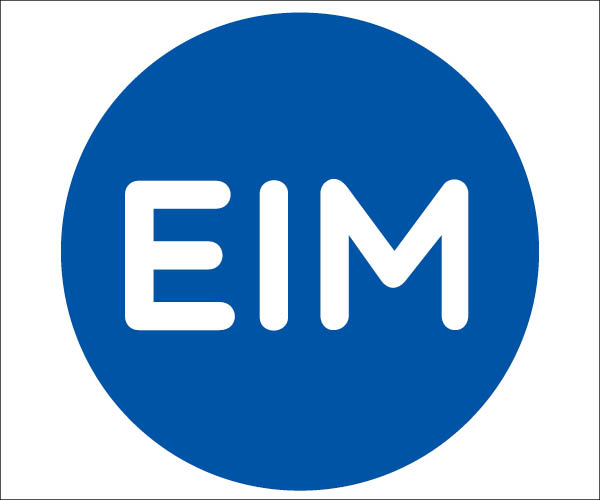

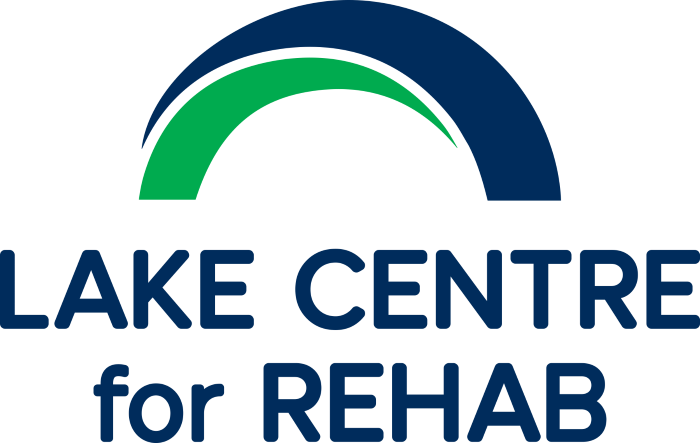


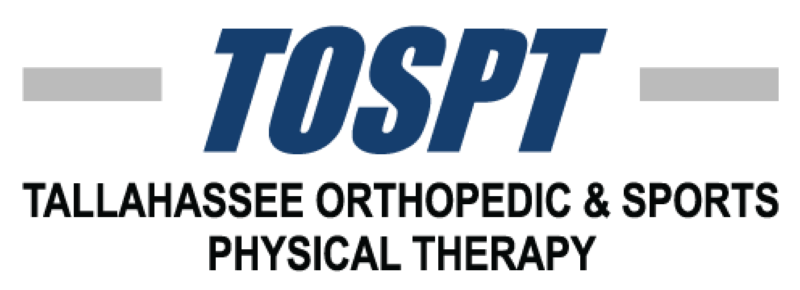













 Director of Marketing, Training and Professional Development
Director of Marketing, Training and Professional Development Marketing Consultant | Boutique Partners
Marketing Consultant | Boutique Partners Digital Marketing Specialist
Digital Marketing Specialist Digital Marketing Manager
Digital Marketing Manager Senior Graphic Designer
Senior Graphic Designer Content Production Manager
Content Production Manager Graphic Designer
Graphic Designer Senior Director of Partner Growth
Senior Director of Partner Growth Hive Marketing Liaison
Hive Marketing Liaison Digital Marketing Campaign Specialist
Digital Marketing Campaign Specialist Marketing Analyst
Marketing Analyst VP Brand Communications
VP Brand Communications  Web Designer
Web Designer Marketing Communications Specialist
Marketing Communications Specialist PR + Communications Manager
PR + Communications Manager Senior Director, Consumer Media Group
Senior Director, Consumer Media Group